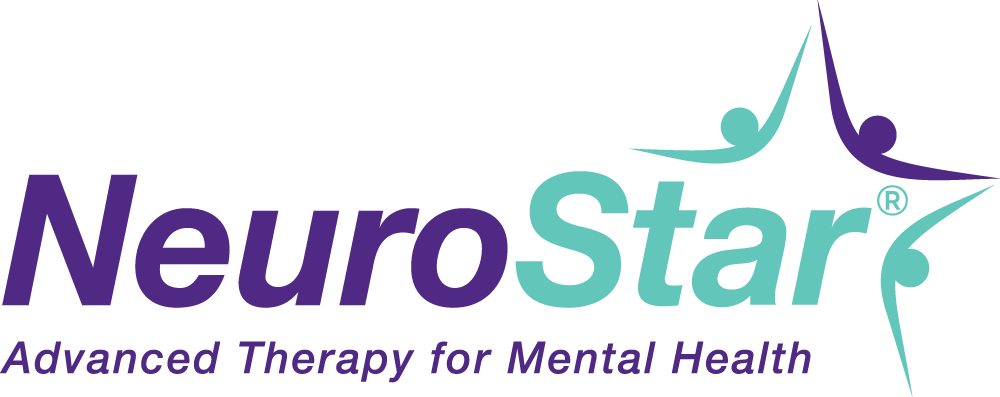How to Choose a TMS Provider


1. Check That the Program Is Properly Accredited
First of all, you need to make sure the provider is accredited, meaning the clinic follows certain standards about safety and quality. Look for providers certified with renowned medical organizations, like the American Psychiatric Association or the Clinical TMS Society. This will help assure you of superior care. Also, ensure that the staff who will carry out the TMS treatments are properly trained to use the equipment. The doctor overseeing your care should have experience in the treatment of mental health conditions and understand how NeuroStar TMS works.
2. Experience of the Provider
A longer history of offering TMS services means they have more practice regarding different patients. Ask how long the clinic has been doing TMS therapy and how many patients have been treated there. Seasoned practitioners are more likely to know exactly how to adjust the treatment so it suits your needs. They should explain how long it will likely take before you start experiencing results and should answer any questions you may have about the process.
3. Personalized Courses of Treatment
Not all TMS providers provide the same kind of care. Some will put you on a standard course of treatment, while others will tailor a specific treatment plan to whatever condition you have. It is usually best to seek out a provider who will individualize your treatment to what you need specifically. When you consult with them, ask how they devise treatment plans and if the treatment is adjusted as you go on. The responses to NeuroStar TMS can differ; thus, it is important that the facility is ready to alter the plan if necessary.

4. Check Insurance and Payment Options
TMS can be costly, and not all insurance plans cover the treatment. Before choosing a provider, ask if they accept your insurance. If they don't, find out the treatment cost and know if they have payment plans or other ways to help you with the expense. Getting as much clear information as possible upfront about the costs will help you avoid surprises later on. Also, find out if there is an additional cost for things like consultations or follow-up care.
5. Research the Clinic's Reputation
Where possible, try to learn a little about the clinic's reputation. Check for other reviews from patients on Google or Yelp. Listen to what people say in regards to how the staff treated them or the effectiveness of the therapy. You can even look at some patient testimonials or success stories.
6. Consider Location and Convenience
Since NeuroStar TMS therapy requires daily sessions, often five times a week for several weeks, you'll want to choose a provider that's easy to travel to. Make sure the location of the clinic is convenient enough not to be too much of a burden with the frequent visits. Also, confirm whether the clinic has appointment times that fit your schedule. Most people would want a provider who can allow flexible hours like early morning, evening, or weekend hours to fit the sessions into their busy life.
Call Bloom Health Centers When Choosing Your NeuroStar TMS Provider
Choosing the right TMS provider is a giant leap toward better mental health. You deserve the best treatment, and that involves finding a clinic with proper accreditation, experience, personalized care, and convenience. Bloom Health Centers has locations in Arlington, and in many other places around the DMV. With the right provider, NeuroStar TMS therapy will be effective in managing your mental health difficulties. Your comfort and care are top priorities; please call us today and learn what we can offer with this exciting technology.

TMS Patient Journey at Bloom
New to TMS? You are not alone.
Find out more about the journey to a life without depression through TMS Therapy at Bloom.
TMS Offered At:
Virginia
801 N Quincy St, #601
Arlington, VA 22203
158 Front Royal Pike, #206
Winchester VA 22602
Bloom Tips and Tools
Bloom Services:
Learn more about our comprehensive range of mental health services and schedule an appointment today!
Bloom Blog:
Helpful insights and information for your mental health journey.
Bloom In The News:
Press releases, announcements, and mentions in other media sources.
have questions?
We’re here to answer them. Request an appointment through our online form.
NeuroStar Indication Statement
Adult Indications for Use
The NeuroStar Advanced Therapy System is indicated for the treatment of depressive episodes and for decreasing anxiety symptoms for those who may exhibit comorbid anxiety symptoms in adult patients suffering from Major Depressive Disorder (MDD) and who failed to achieve satisfactory improvement from previous antidepressant medication treatment in the current episode.
The NeuroStar Advanced Therapy System is intended to be used as an adjunct for the treatment of adult patients suffering from Obsessive Compulsive Disorder (OCD).
Adolescent Indications for Use
NeuroStar Advanced Therapy is indicated as an adjunct for the treatment of Major Depressive Disorder (MDD) in adolescent patients (15-21).
Important Safety Information
NeuroStar Advanced Therapy is only available by prescription. A doctor can help decide if NeuroStar Advanced Therapy is right for you. Patients’ results may vary.
The most common side effect is pain or discomfort at or near the treatment site. These events are transient; they occur during the TMS treatment course and do not occur for most patients after the first week of treatment. There is a rare risk of seizure associated with the use of TMS therapy (<0.1% per patient).
Visit neurostar.com for full safety and prescribing information.
